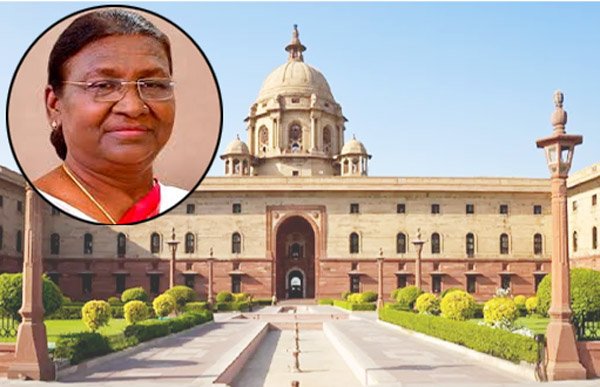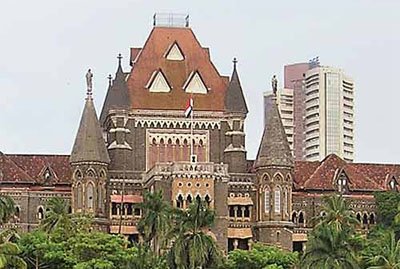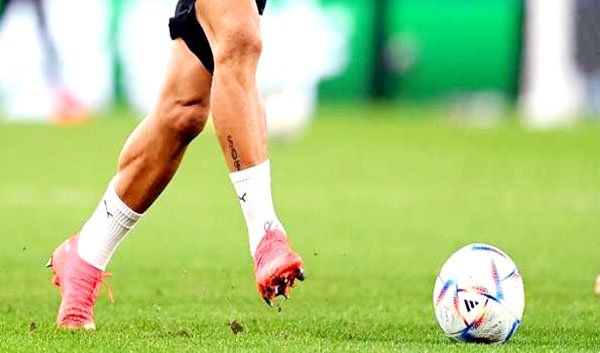New Delhi, Feb 13 (UNI) The Supreme Court on Thursday declined to grant bail to Shabbar Khan, who has been chargesheeted under the Unlawful Activities (Prevention) Act, 1967, in connection with the riots that took place in Bengaluru on August 11, 2020.
The violence was reportedly triggered by a Facebook post allegedly containing derogatory remarks about Prophet Muhammad.
The prosecution alleged that the petitioner, along with a mob, was responsible for burning motorcycles. 198 individuals were named in the FIR, out of which 138 have been chargesheeted. Of these, 25 individuals face charges under the Unlawful Activities (Prevention) Act 1967.
The National Investigation Agency (NIA) has stated that members of the Social Democratic Party of India (SDPI), the political wing of the banned Popular Front of India (PFI), were involved in the riots, including Shabbar Khan. According to reports, these members allegedly conspired to mobilize a large crowd that attacked police personnel and vandalized police station vehicles at D.J. Halli and K.G. Halli police stations on the night of August 11.
Shabbar Khan was not initially named in the FIR filed by the state police. However, when the NIA took over the investigation, his name was included.
On January 31, a bench of Justices B.V. Nagarathna and Satish Chandra Sharma asked the NIA that how much time it would take for the trial court to frame charges and commence trial against the accused in the 2020 Bengaluru riots case. This query arose after Senior Advocate P. Vishwanath Shetty, appearing for Shabbar Khan, highlighted that Karnataka has only one designated NIA Court.
Shetty further submitted that his client has already undergone four years and one month of incarceration without the trial court framing charges. He pointed out that 254 witnesses are yet to be examined. Citing judgments in Sheikh Javed Iqbal @ Ashfaq Ansari @ Javed Ansari v. State of Uttar Pradesh (2024) and 2021 KA Najeeb, he argued that bail should be granted when there has been prolonged incarceration with no likelihood of an expeditious trial.
When Shetty referred to the evidence against the petitioner, Justice Nagarathna remarked, “We cannot have a mini-trial here.”
Opposing the bail plea, Additional Solicitor General S.V. Raju argued that the petitioner himself was responsible for the delay. However, the Court did not make any observation on that aspect.
While the Court refused to interfere with the Karnataka High Court’s August 30, 2024, order denying bail to Shabbar Khan, it issued significant directions regarding the trial process.
The Court took note of the fact that 254 witnesses had been listed for the trial before the Special NIA Court. It also acknowledged submissions that the Karnataka High Court, in Shoheb Ali @ Shajid Ali vs. The State By Karnataka (2023), had recorded that 31 NIA cases were pending before the Special NIA Court, apart from 53 sessions cases and two criminal miscellaneous matters.
Considering the backlog and the slow pace of trial, the Supreme Court directed the Karnataka Government to comply with Section 11 of the National Investigation Agency Act, 2008.
The Court noted that the Ministry of Home Affairs (MHA) had issued a communication on October 7, 2024, seeking the Karnataka Government’s and the High Court’s consent for establishing an exclusive NIA Court in Bengaluru. However, the State Government had not yet acted upon a previous order from April 2, 2023, directing the establishment of Special Courts for UAPA cases in Mysore, Belagavi, and Kalaburagi divisions within six months.
In light of the inordinate delay, the Supreme Court directed that the Karnataka Government must ensure compliance with the directions issued by the High Court in Criminal Appeal 72/2023 and Criminal Appeal 183/2023.
The Registrar General of the Karnataka High Court, in consultation with the State Government and upon obtaining orders from the Chief Justice of Karnataka High Court, must coordinate the establishment of an additional NIA Court for UAPA offences.
The process of setting up this additional NIA Court must be completed within three months.
The Court’s directed to expedite the pending cases under UAPA and ensure timely trials in matters investigated by both the State and NIA.











